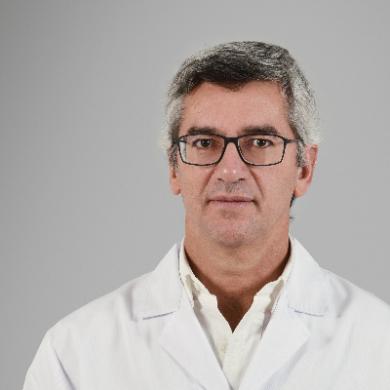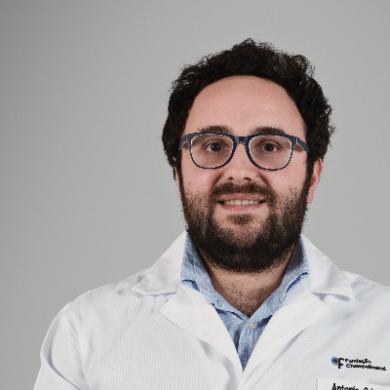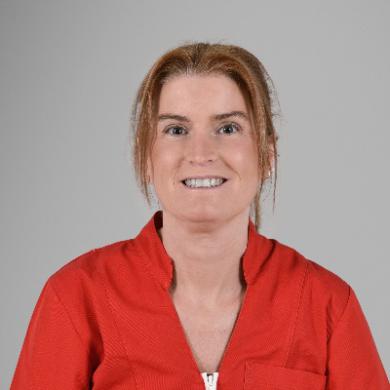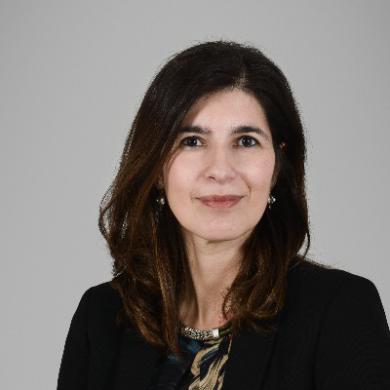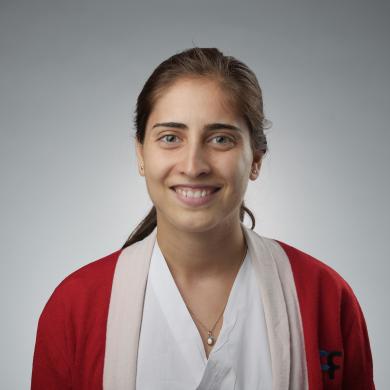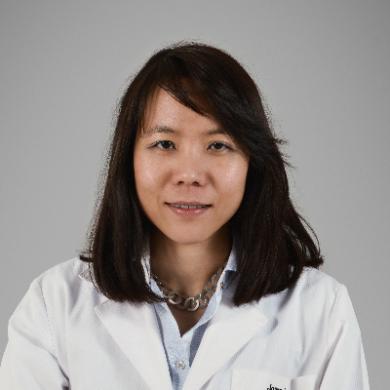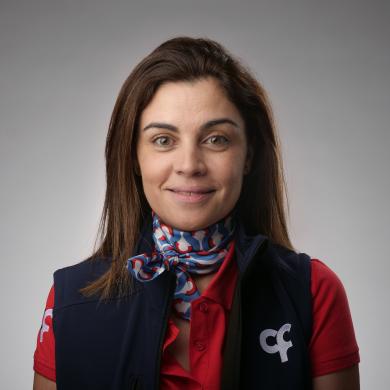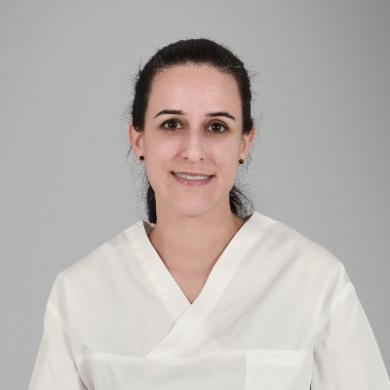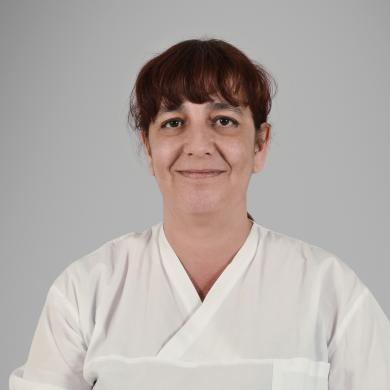- Clinical Areas
Multidisciplinary Pathology Units
Haemato-oncology Unit
In the world of modern Oncology the treatment of haematological neoplasias has pioneered, for several decades, the introduction of new treatment modalities for the effective control of the progression of various types of haematological cancers, both in acute forms of leukaemia and in more chronically evolving diseases such as many lymphomas and myelomas. Haemato-oncology is in fact one of the oncological areas with the highest success rates in the permanent cure of a very significant number of patients, and also in maintaining long-lasting remissions, with an increase in global survival.
Haemato-oncology Unit
Pathology
Efficiently controlling disease without adverse effects, to ensure quality of life
The Haemato-oncology Unit (HOU) was created in 2014. Its team is currently composed of Haematology experts, with experience in the field neoplastic blood diseases.
All the unit members share a deep interest in clinical and experimental research.
The multidisciplinary unit also has two specialised nurses, a clinical trial coordinator and a patient manager. Like the other CCC Units, its regular clinical activity integrates the decisions validated in weekly multidisciplinary meetings that also include imaging experts (Radiology and Nuclear Medicine), anatomo-pathologists, radio-oncologists and clinical psychologists.
The Unit, which provides reference quality care, is essentially oriented towards the diagnosis and treatment of non-acute haemato-oncological diseases – taking into account the characteristics of the Clinical Centre and its outpatient interventional capacity. Its targets are chronic lymphoproliferative haemato-oncological diseases (lymphomas) and plasma cell neoplasms (multiple myelomas).
It is essential for doctors to utilise in their clinical practice all the information currently available in terms of studies and clinical trials.
Haemato-oncology Unit
Diagnostis and Treatment

A constantly evolving area
In haemato-oncologic disease cases, early diagnosis can also influence the disease’s repercussions. The generalisation of routine analyses played a crucial role in the detection of early-stage haemato-oncological disease, given that the associated symptoms are normally generic and common to other pathologies. During the last decade, treatments have hugely evolved, and prognostics are currently much more encouraging than before.
In the last five years, Oncological Haematology has been one of the areas with the highest number of new approved drugs. The Unit’s goal is to provide its patients, whenever possible, access to innovative treatments through clinical trials, mostly multi-centre and collaborative. In cases where the patients can benefit from drugs which, having been approved, have not yet been marketed, we explore the potential for early-access programmes.
The intensive chemotherapy programme with autologous support through the transplantation of haematopoietic progenitors is another of the treatment modalities provided by the Clinical Centre, and justified by the increase.
Haemato-oncology Unit
Clinical Research
Bringing research into the clinic
The Unit’s research is distributed between the development of clinical trials and work of a more experimental nature, through strong collaborations with various research groups belonging to the Biology of Systems and Metastases (BSM) Programme. There are numerous ongoing research projects, clinical trials and observational studies, both internal and collaborative, particularly concerning the progression mechanisms of Multiple Myeloma.
The main goals of the unit’s research plan are to perfect the diagnosis and immuno-phenotypical and molecular characterisation of the different variants of these pathologies, to study therapeutic response patterns to immunomodulating agents, and to very precisely quantify the minimal residual disease, of which possible biological and clinical repercussions are still partially unknown.

